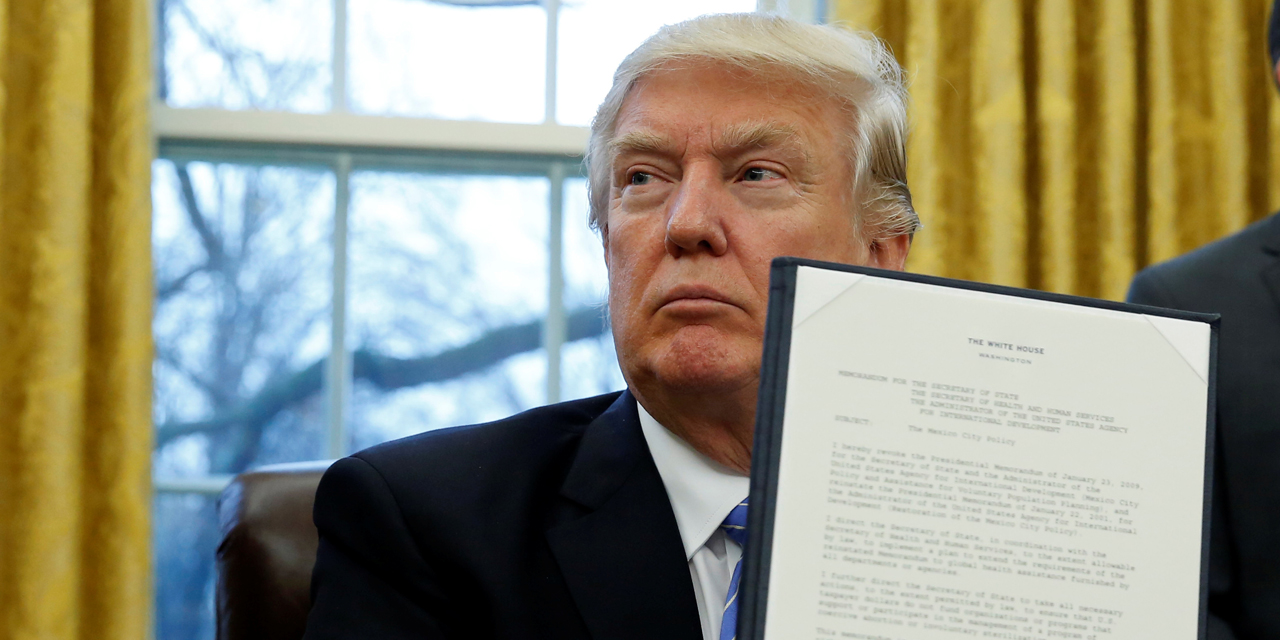The wild ride of the first few weeks of Trump 47 leaves us many questions that are yet to be answered. What federal agencies will survive? How many federal employees will quit or be laid off? How much money will we stop spending, and will it actually make a dent in the national debt and deficit? Most of these answers we can’t hope to know just yet, but there is one thing that is quite certain. We are headed into the very thick of a substantial, constitutional debate – and it’s one that is very worthwhile to have.
If you’ve heard the phrase “unitary executive,” and wondered what in the world that means, you’ve come to the right place. President Donald Trump is implicitly arguing for a “unitary executive.” Simply put, this asserts that the president of the United States has full authority over the executive branch. This idea isn’t a new one at all. In fact, you’ll trace it back to healthy discussions in the Federalist Papers, where Alexander Hamilton argued that the American presidency only works if an “energetic executive” initiates policies and ideas, and doesn’t simply respond to actions taken by Congress.
Article II of the Constitution, which defines the executive branch, tells us plainly that “The executive Power shall be vested in a President of the United States of America” and that the president “shall commission all officers of the United States.” Now, as to our argument in the year 2025? No one is asking for the president to become the lawmaker. The question being asked is does President Trump have sole constitutional power to commission all officers of the federal government? The answer is yes he does. But not civil service officers, right? Them, too. All officers. Period.
As President Trump works his way through the Administrative State and this fundamental constitutional question is tested, we must understand what’s at stake. This is a battle over not only the correct authority and powers of a president, but over our very constitutional order itself.






